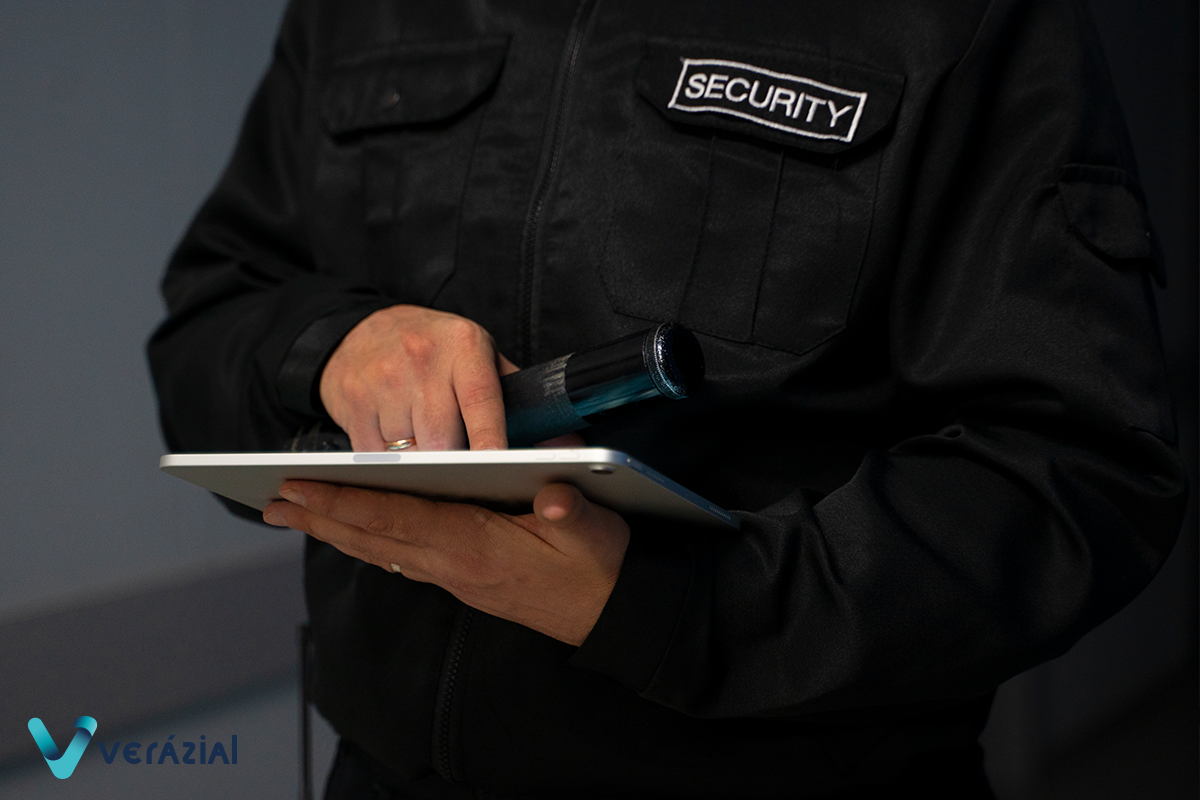Welcome to
our Blog
Here you can learn about the latest biometric developments for your sector
Welcome to
our Blog
Here you can learn about the latest biometric developments for your sector
Welcome to
our Blog
Here you can learn about the latest biometric developments for your sector
5 Key questions on the implementation of biometric technology for patient identification
To implement a biometric identification system, it is crucial to choose the appropriate technology by considering the usage environment, required precision, available budget, and ease of integration with existing systems. This ensures accurate and secure patient identification. Next, we address essential questions to help you make this choice.
What benefits does biometric technology offer to hospitals and healthcare organizations?
The implementation of biometric systems, such as fingerprint or iris recognition, offers numerous benefits to hospitals. These include security and accuracy in patient identification, optimization of clinical data management and reduction of medical errors.
Benefits of biometric technology for workers in healthcare environments
The implementation of biometric identification systems, such as fingerprints, facial recognition, or iris scanning, offers various benefits that improve the efficiency of daily operations carried out by healthcare staff in hospitals.
GxP environments and their relevance to the pharmaceutical industry
Within GxP regulated environments, it is essential to ensure data integrity and traceability of actions throughout the supply chain. The adoption of biometric technologies, such as iris or fingerprint recognition, emerges as the solution to ensure compliance.
Consequences of non-compliance with data integrity in the pharmaceutical industry
Non-compliance with GMP regulations, particularly in critical factors such as data integrity and employee identification in manufacturing tasks, can lead to regulatory agencies issuing warning letters and even suspending manufacturing operations. How do you effectively address and prevent these consequences to ensure compliance?
FDA inspections in the pharmaceutical industry
The FDA and EMA share the goal of ensuring compliance with GMP and other applicable regulations in pharmaceutical manufacturing. These entities carry out exhaustive inspections of companies to verify their compliance with established standards. Is your company ready to face the rigorous inspection processes?
Biometric technology: The solution to ensure secure identification in correctional facilities
Ensuring the authenticity of identities in prisons is crucial and current methods are slow and vulnerable. The effective solution lies in the implementation of biometric technologies, such as iris or fingerprint recognition.
Subscribe to our newsletter
Receive information of interest about biometrics for your sector
Subscribe to our newsletter
Receive information of interest about biometrics for your sector
Subscribe to our newsletter
Receive information of interest about biometrics for your sector








